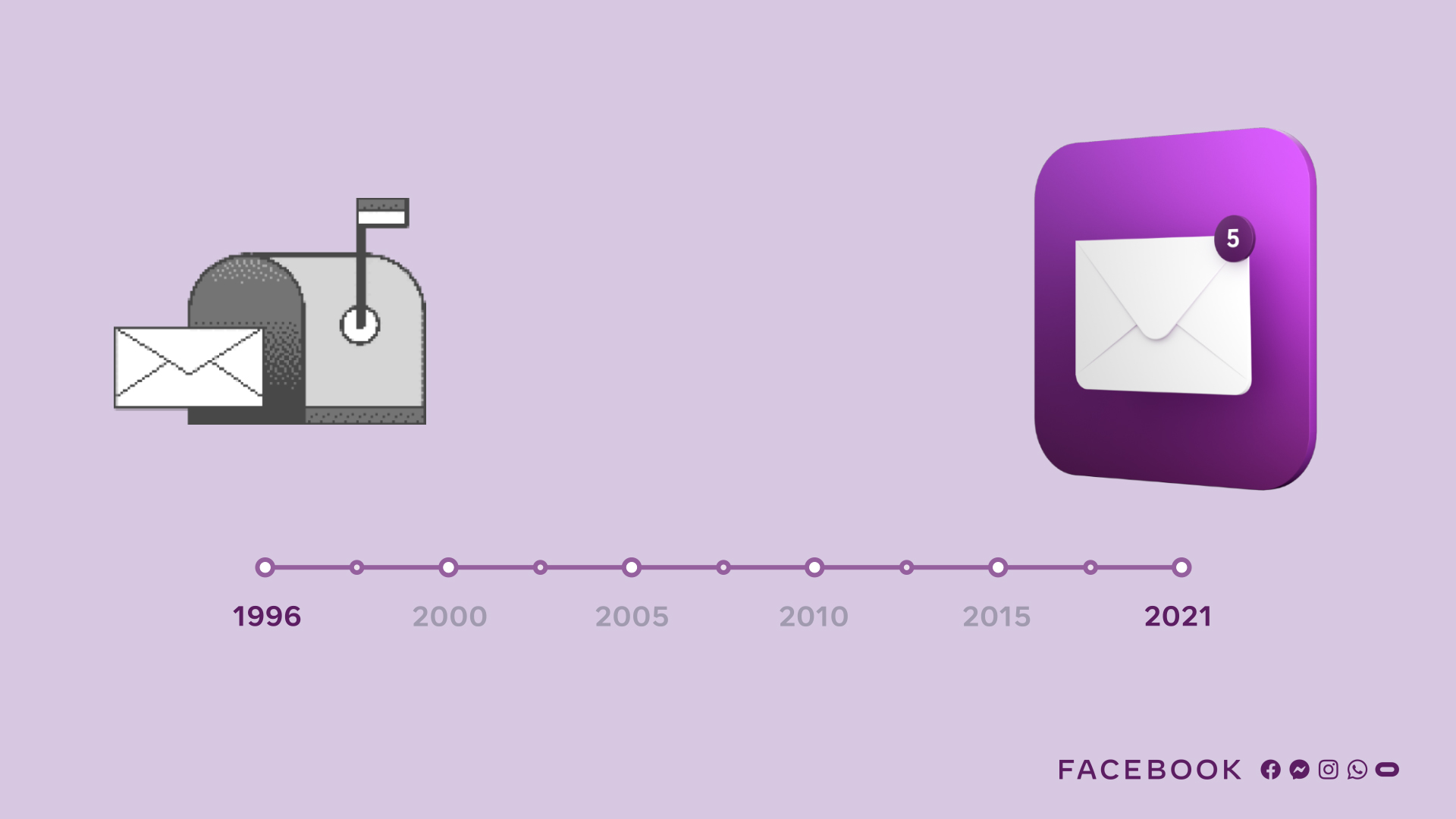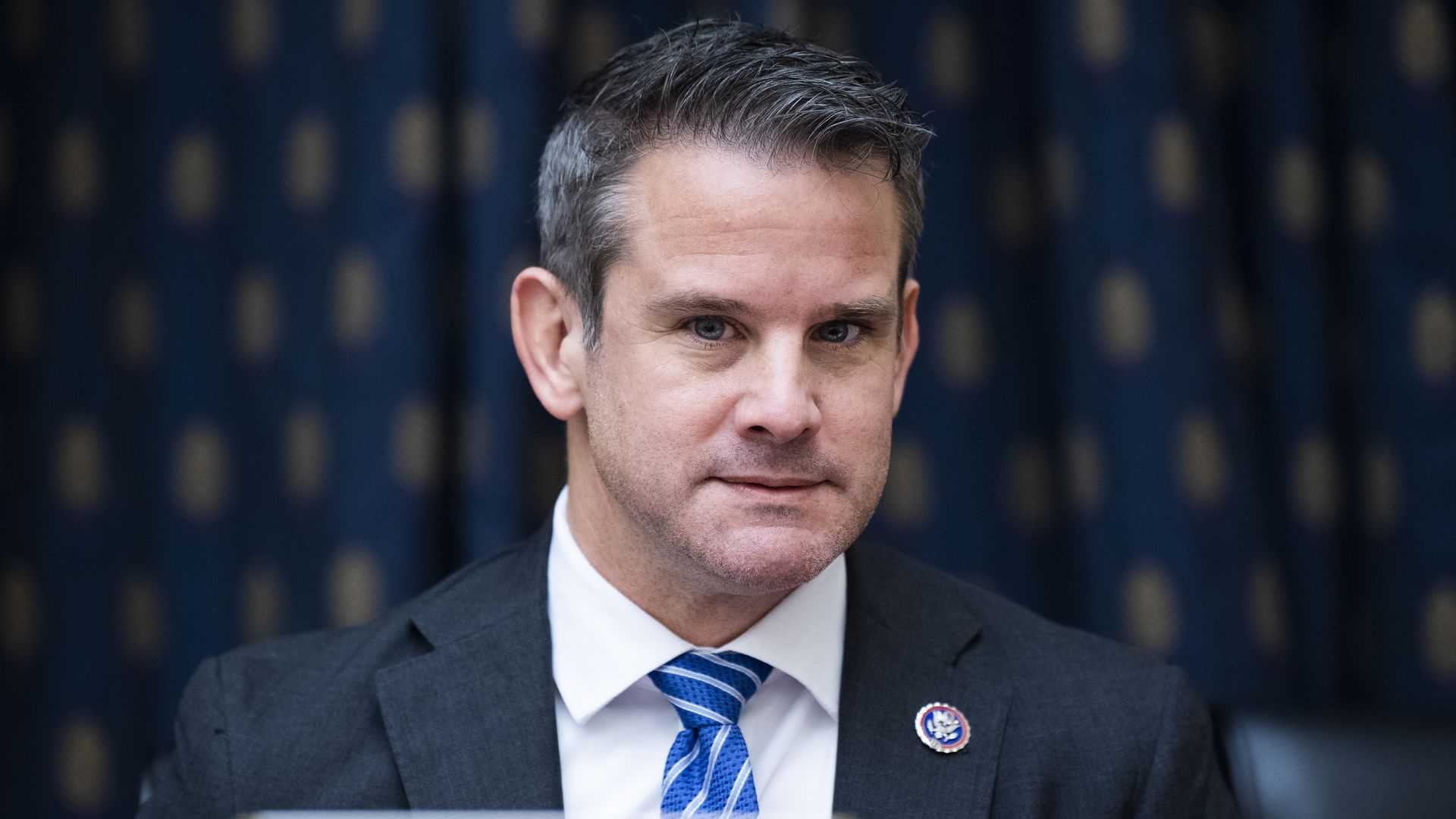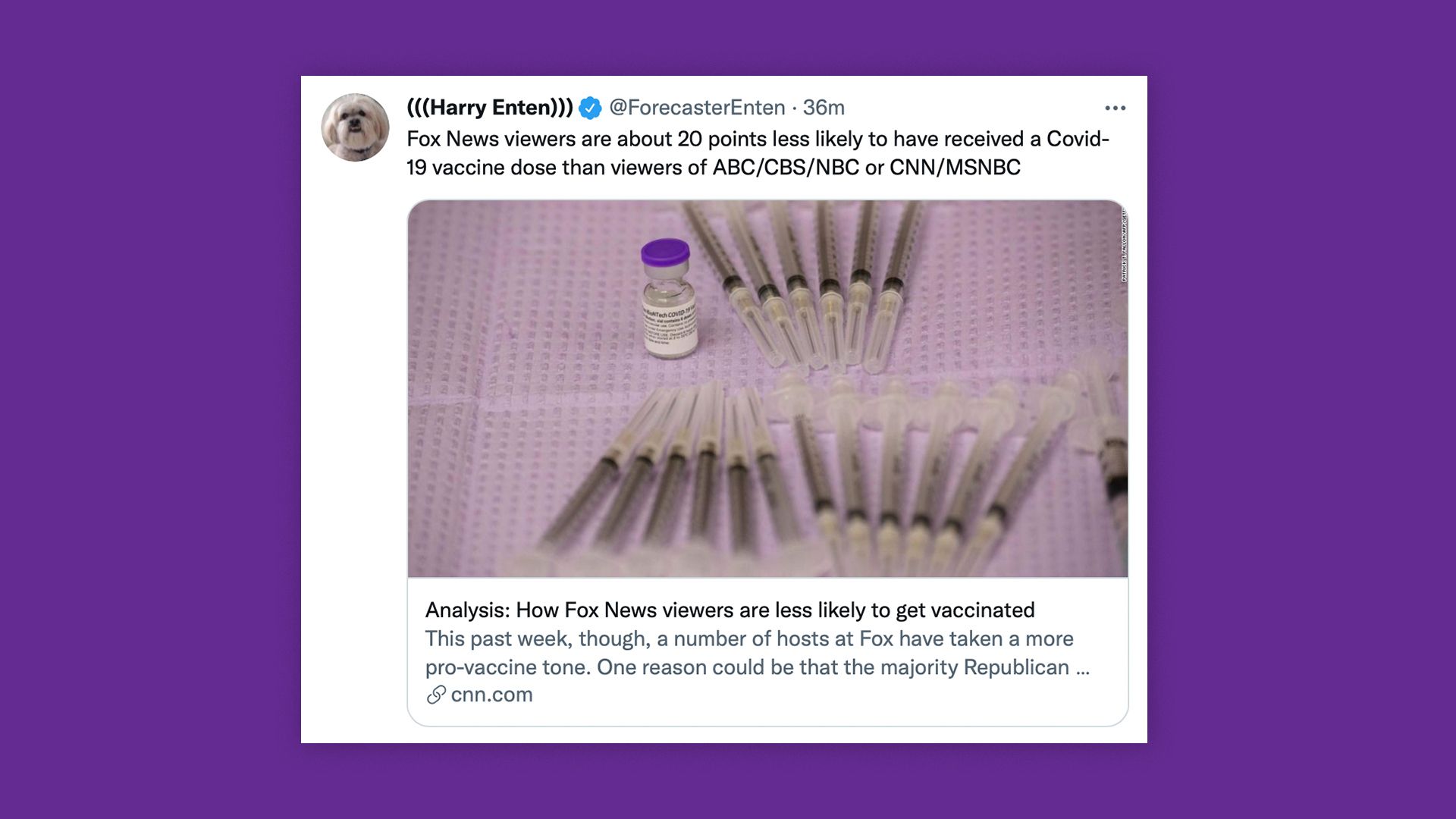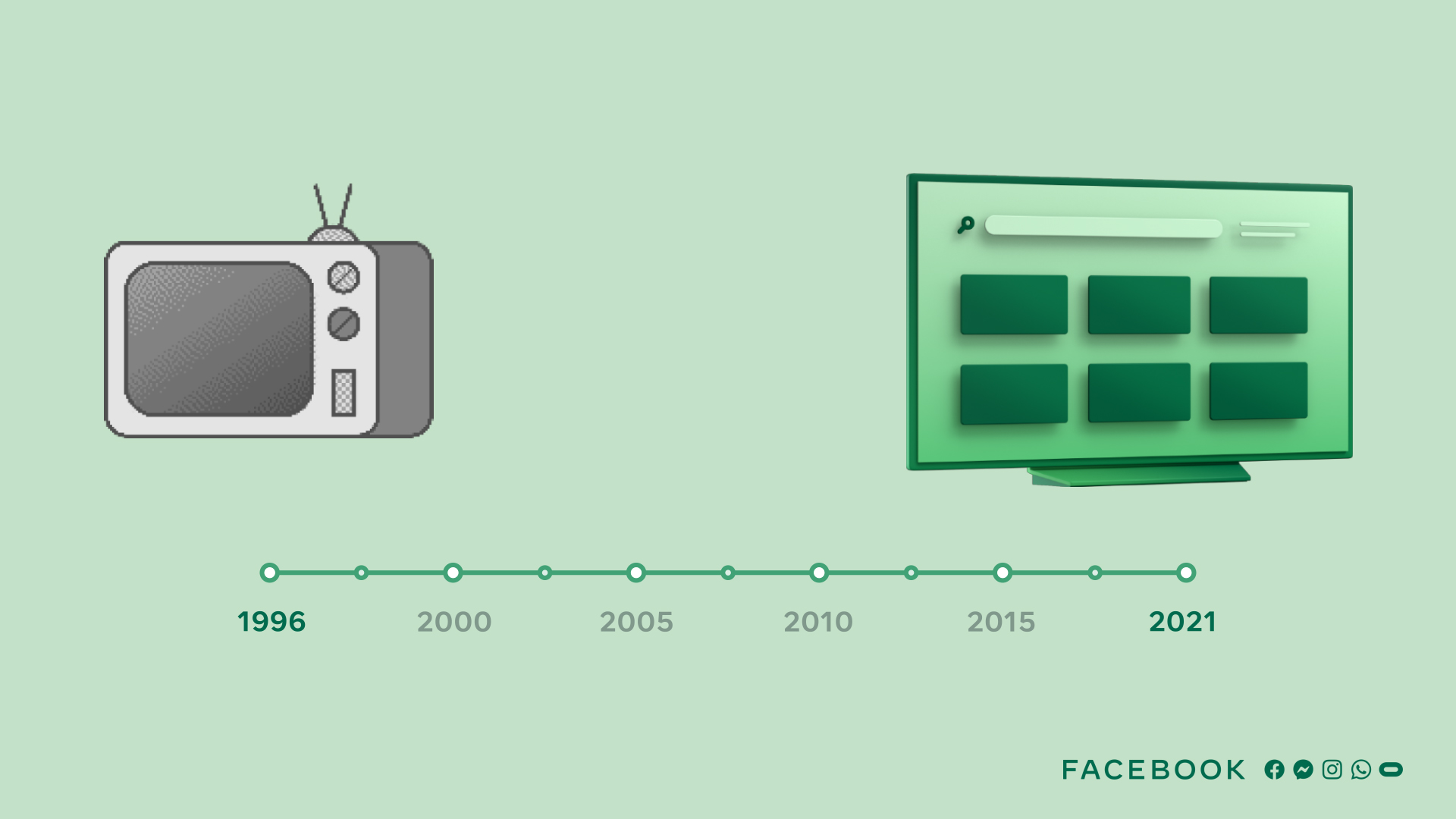| | | | | | | Presented By Facebook | | | | Axios Sneak Peek | | By Alayna Treene and Hans Nichols ·Jul 25, 2021 | | Welcome back to Sneak. We hope you're enjoying the last part of a great weekend. Smart Brevity™ count: 1,415 words ... 5 minutes. Edited by Glen Johnson. | | | | | | 1 big thing: Infrastructure deal on brink |  | | | Highway construction on Interstate 285 in Sandy Springs, Georgia. Photo: Elijah Nouvelage/Bloomberg via Getty Images | | | | Senate negotiators are finalizing how to pay for the $579 billion bipartisan infrastructure package, tapping everything from unused 2020 COVID-relief funds to targeting the Medicare rebate rule, people familiar with the matter tell Axios' Hans Nichols. Driving the news: The core group of negotiators plans to present a finished version of their deal to the broader G22 group this evening. - There are lingering disagreements about how much to spend on public transit, but if the expanded bipartisan group approves the emerging deal, passage on the Senate floor could happen later this week.
- "We're about 90% of the way there," Sen. Rob Portman (R-Ohio), said on ABC New's "This Week."
Why it matters: By settling on actual dollar amounts, including $70 billion leftover from President Donald Trump's coronavirus relief packages, the negotiators are closer to convincing members of both parties that pay-fors will offset proposed new spending — making it more likely a finished bill passes the Senate. - It's also a double-edged sword: By getting specific, they risk antagonizing industries and interest groups now realizing they're being signaled out to fund billions in new roads, bridges and broadband.
- "We are, and have, agreed jointly on about roughly $70 billion of funds that were not spent that will be redeployed to help pay for this infrastructure package," Sen. Mark Warner (D-Va.) told Martha MacCallum on "Fox News Sunday."
- "A very, very important category for me is how all this is going to get paid for," said Sen. Pat Toomey (R-Pa.) told CNN.
- "There are people who think this is monopoly money, but it's not," said Toomey. He is not a member of the bipartisan G22.
Go deeper: In addition to $70 billion in leftover COVID-19 relief money, there's roughly $50 billion to be gained by repealing proposed changes to how Medicare pays drugmakers. - Sen. Bernie Sanders (I-Vt.) had also targeted that rebate money for his separate $3.5-trillion package.
- In addition, the bipartisan group will target unused unemployment insurance and proceeds from Strategic Petroleum Reserve sales, and the same of unused IP addresses and a telecommunications spectrum auction.
Keep reading. |     | | | | | | 2. First look: Battleground imbalance |  Data: Ohio State University election law program via The Cook Political Report; Chart: Will Chase/Axios Some of the most competitive battleground states have some of the least competitive House districts, according to a new data analysis first seen by Axios' Stef Kight. Why it matters: Big gaps between the voting margins in districts and states overall demand explanation, researchers say, since they could be a sign of gerrymandering. An alternative is they're a reflection of Americans increasingly living near like-minded people — a potential boost to candidates on the political extremes. - "If a lack of competitiveness is caused by gerrymandering, that's really bad for voters and for democracy, and we'd like to squeeze that out of the system," Ned Foley, an Ohio State University redistricting and election expert, told Axios.
- Foley is leading the project to analyze the trends.
The data: Researchers at Ohio State looked at the 2020 Biden-Trump election margin for every U.S. House district using data from the Cook Political Report. Then they computed an average for each state. - Next, they compared the average to the Biden-Trump margin for the state overall.
- They viewed that as a way to measure whether states have disproportionately uncompetitive districts.
By the numbers: The battleground states of Georgia, Pennsylvania, North Carolina and Wisconsin had the biggest discrepancy between the competitiveness of the state overall and their average district. - This gap existed despite major court decisions forcing new, fairer maps to be drawn in Pennsylvania and North Carolina after the last redistricting cycle in 2010.
- The gaps largely benefit and protect Republicans in those states, Foley said, although the trend in Arizona — which came in fifth for the largest competitiveness gap — likely favors Democrats.
- All but Pennsylvania have more Republican members in the House than Democrats. And even in Georgia, where Republicans have only two extra House seats, GOP districts are far less competitive than Democratic ones.
What to watch: Gerrymandering concerns aside, increasingly uncompetitive House districts allow more partisan candidates to thrive. - Biden won Rep. Alexandria Ocasio-Cortez's (D-N.Y.) district by 16 points more than his average margin throughout New York state — underscoring how decidedly blue the population is that elected one of the most progressive members of the House.
- Trump's margin over Biden in Rep. Marjorie Taylor Greene's (R-Ga.) district was almost 50 points in a state that was nearly even between Trump and Biden.
Keep reading. |     | | | | | | 3. Lawmakers seek piece of space race |  | | | Illustration: Shoshana Gordon/Axios | | | | Members of Congress are ready to fight for government money to fund space exploration projects in their districts as the space tourism industry gains momentum, Axios' Sarah Mucha reports. Why it matters: The recent launches by Richard Branson and Jeff Bezos have Americans looking skyward again. Lawmakers are hoping to take advantage of it by raising awareness of potential space projects in districts outside Houston and Cape Canaveral, Florida. Rep. Tom Suozzi (D-N.Y.) is arguing his Long Island district is ripe for space research and development. - All of the Apollo program's lunar modules were built at Grumman's famed Bethpage plant on Long Island.
- The F-14 fighter jet, flown by Tom Cruise's character in the movie "Top Gun," was built nearby at Grumman's plant in Calverton.
Suozzi believes Bezos and Branson's successes were rooted in ideas developed through government seed money and research in rocketry and space. - He's hoping for new research grants and projects in his district to propel the next best idea — which he believes is a broadening of space tourism.
- Business leaders in Souzi's district are pushing for billionaires like Branson and Elon Musk to consider the area for additional development.
Rep. Mike McCaul (R-Texas), who represents the Austin, Texas, capital area, also said he's heard from people in his district interested in opportunities that might come from space tourism. - "I've been a big advocate for NASA's collaboration with the private sector," he told Axios.
Rep. Charlie Crist (D-Fla.) said he'd "be open" to creating a government subsidy for space research by private industry, though he's not convinced it's necessary. He sits on the House Appropriations subcommittee overseeing NASA. - "I don't know if it's No. 1 on my agenda," he added. "The people who are funding it now seem pretty well-off."
Thought bubble: Space tourism won't necessarily be a huge driver of money for the broader space industry, which includes satellite launches and trips to the International Space Station, the moon, Mars and beyond. - That said, the flights by Branson and Bezos and others like them can help bring more visibility to this industry on the rise, attracting new talent and interest from the public, writes Axios space reporter Miriam Kramer.
Keep reading. |     | | | | | | A message from Facebook | | The internet has changed a lot since 1996 - internet regulations should too | | |  | | | | It's been 25 years since comprehensive internet regulations passed. See why we support updated regulations on key issues, including: - Protecting people's privacy.
- Enabling safe and easy data portability between platforms.
- Preventing election interference.
- Reforming Section 230.
| | | | | | 4. Pelosi's move to save Jan. 6 committee |  | | | Rep. Adam Kinzinger. Photo: Tom Williams/CQ-Roll Call, Inc via Getty Images | | | | House Speaker Nancy Pelosi (D-Calif.) picked Rep. Adam Kinzinger (R-Ill.) to be on the Jan. 6 select committee because she wants to keep its findings from being dismissed as partisan, Axios' Alayna Treene writes. Why it matters: Pelosi first sought public acceptance by allowing six Republican members along with seven fellow Democrats. She also named Rep. Liz Cheney (R-Wyo.) as one of her appointees. But after she rejected two of the Republican selections made by House Minority Leader Kevin McCarthy (R-Calif.), he yanked the remainder and complained she was presiding over a witch hunt. Behind the news: Not only is Kinzinger a Republican like Cheney, but he voted to impeach former President Trump. He's long been an outspoken critic of how the GOP leadership, specifically McCarthy, has handled the Capitol insurrection fallout. - McCarthy, in large part, didn't include Kinzinger among his appointments to the committee for this reason.
- Instead, he selected five other Republicans — including two who would serve as political attack dogs for the party, Reps. Jim Banks (R-Ind.) and Jim Jordan (R-Ohio).
- Pelosi booted them for that reason.
What they're saying: "Today, I am announcing the appointment of Republican Congressman Adam Kinzinger, an Air Force veteran and lieutenant colonel in the Air National Guard, to serve on the Select Committee. He brings great patriotism to the committee's mission: to find the facts and protect our democracy." - Kinzinger tweeted in reply: "Today, I was asked to serve on the bipartisan January 6th Select Committee and I humbly accepted. When duty calls, I will always answer."
- McCarthy said in a statement this afternoon: "Speaker Pelosi's rejection of the Republican nominees to serve on the committee and self-appointment of members who share her pre-conceived narrative will not yield a serious investigation."
What's next: The committee's first hearing is scheduled for July 27. It's unclear whether Pelosi will ask additional Republican members to serve. |     | | | | | | 5. Tweet du jour |  | | | Via Twitter | | | | A pandemic fueled by ... TV viewership patterns. |     | | | | | | A message from Facebook | | Why Facebook supports updated internet regulations | | |  | | | | 2021 is the 25th anniversary of the Telecommunications Act of 1996, the last major update to internet regulation. It's time for an update to set clear rules for addressing today's toughest challenges. See how we're taking action on key issues and why we support updated internet regulations. | | | | 🚀 Thanks for starting your week off with us. A reminder your family, friends and colleagues can subscribe to this or any of Axios' other free newsletters by clicking here. |  | | It'll help you deliver employee communications more effectively. | | | | | | Axios thanks our partners for supporting our newsletters. If you're interested in advertising, learn more here.
Sponsorship has no influence on editorial content. Axios, 3100 Clarendon Blvd, Suite 1300, Arlington VA 22201 | | | You received this email because you signed up for newsletters from Axios.
Change your preferences or unsubscribe here. | | | Was this email forwarded to you?
Sign up now to get Axios in your inbox. | | | | Follow Axios on social media:    | | | | | |









No comments:
Post a Comment